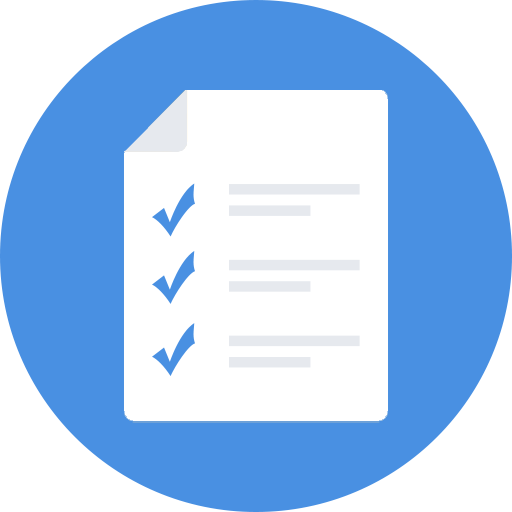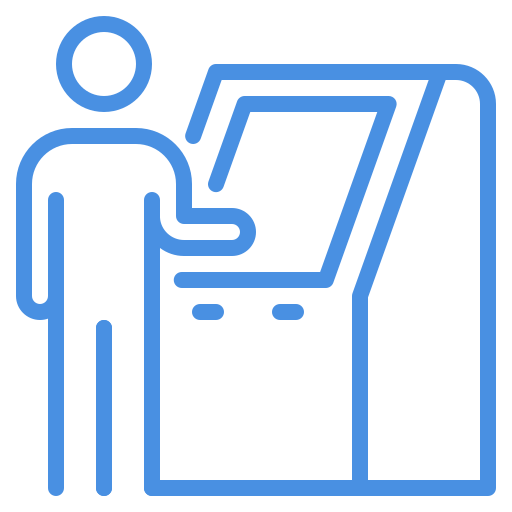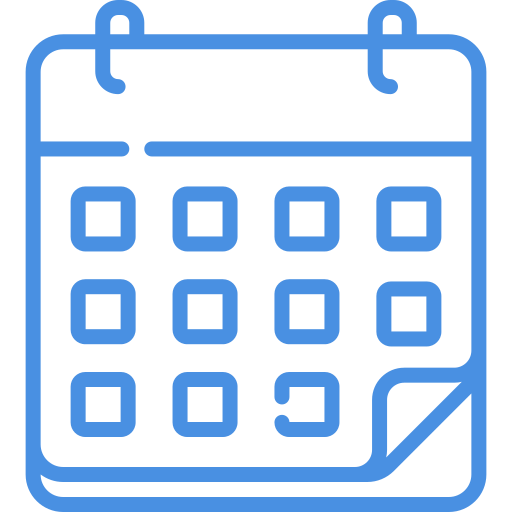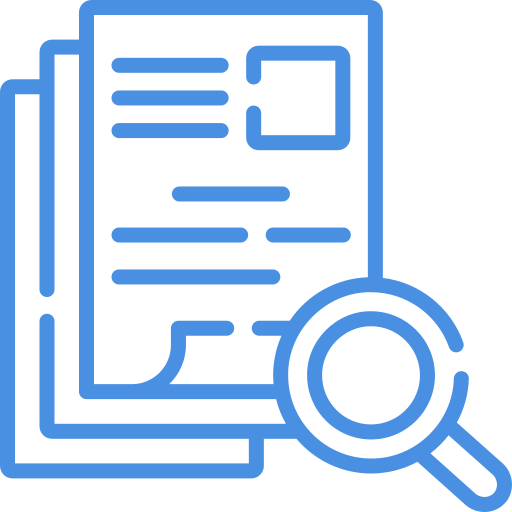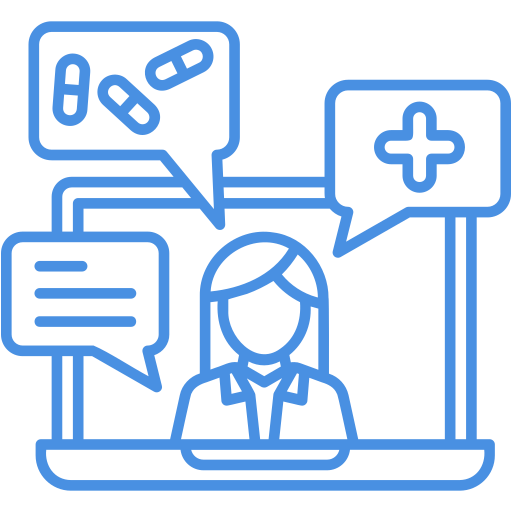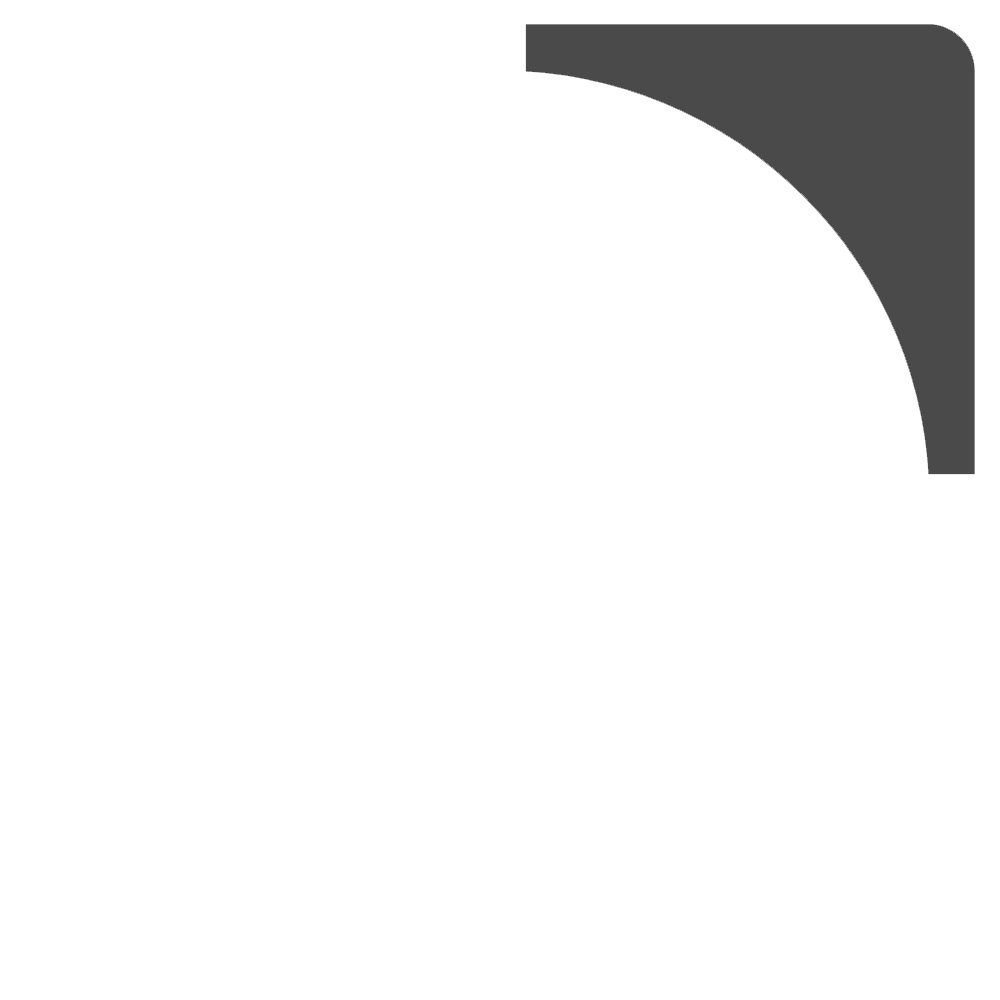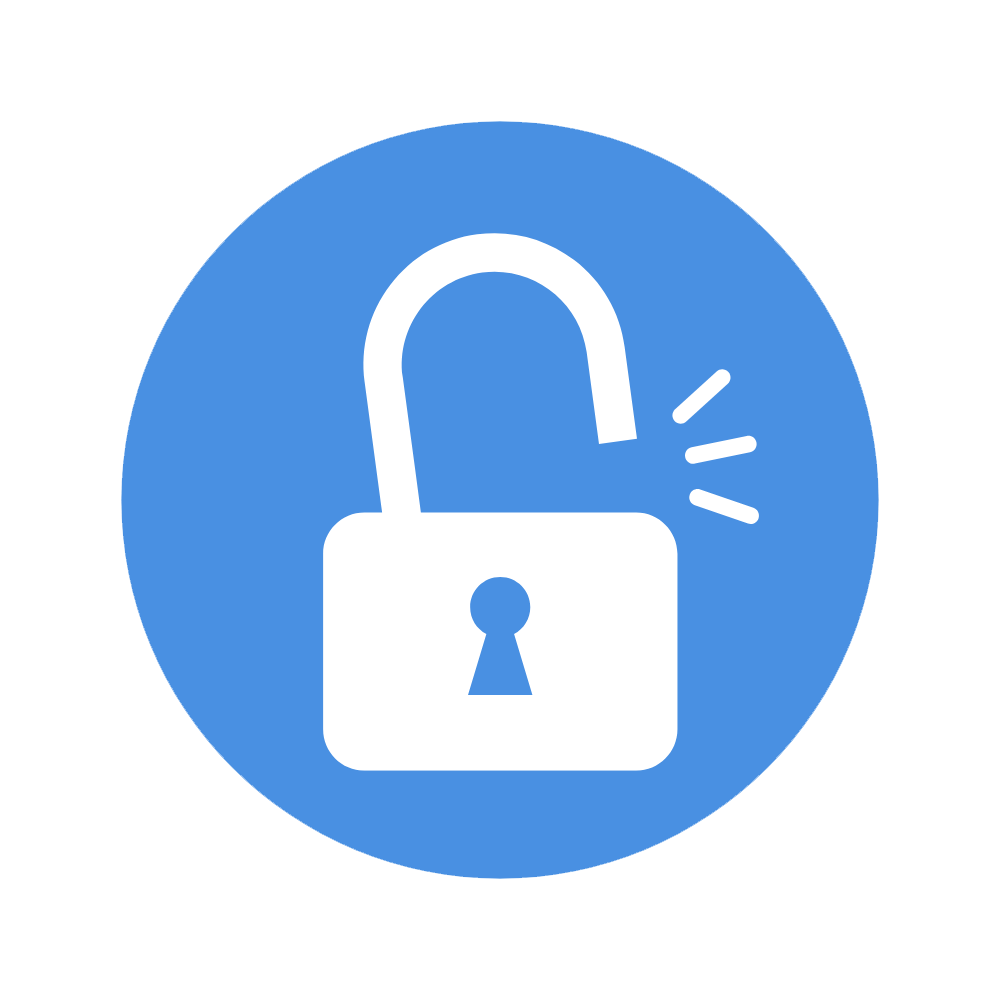Explore the impact of digital healthcare marketing on therapy clinics. Learn how social media boosts patient engagement, strengthens brand visibility, and drives long-term success in the competitive healthcare industry.
Introduction
Digital healthcare marketing has transformed the way therapy clinics connect with patients, market their services, and establish credibility. Whether it’s educating patients through YouTube videos, networking on LinkedIn, engaging communities on Facebook, building brand awareness on Instagram, or reaching younger audiences via TikTok, each platform offers unique opportunities and challenges for therapy professionals.
This article explores how different social media platforms impact the success of therapy clinics and how digital healthcare marketing can drive patient engagement and business growth.
YouTube: Building Authority and Long-Term Growth
YouTube is one of the most powerful platforms for long-form educational content. Therapy clinics can use video content to demonstrate exercises, provide wellness tips, and answer common patient questions, making it a crucial part of digital healthcare marketing.
Benefits:
- Establishes Trust & Authority – Detailed videos help potential patients understand therapy processes, making them more likely to book an appointment.
- SEO Benefits & Organic Growth – YouTube videos rank on Google, driving consistent traffic to clinic websites over time.
- Evergreen Content – Unlike social media posts that fade quickly, well-produced YouTube videos continue generating leads and engagement for months or even years.
Challenges:
- Time & Effort – Producing high-quality video content requires planning, scripting, filming, and editing, which can be time-consuming.
- Consistency – YouTube rewards regular posting, making long-term commitment necessary to see results.
Best Use for Therapy Clinics:
- Posting exercise demonstrations, rehabilitation tips, and patient education videos.
- Hosting Q&A sessions with therapists to address patient concerns.
- Sharing success stories (with consent) to build trust and credibility.
LinkedIn: Networking and Professional Growth
LinkedIn is the go-to platform for professional networking, making it a valuable tool for therapy clinics looking to connect with industry professionals, attract referrals, and recruit skilled therapists through digital healthcare marketing strategies.
Benefits:
- Enhances Professional Credibility – Sharing research-based insights, clinic updates, and expert advice builds trust among healthcare professionals.
- Referral Generation – Connecting with doctors, hospitals, and other therapists helps generate patient referrals.
- Talent Acquisition – Clinics can attract skilled therapists and other healthcare professionals by posting job openings.
Challenges:
- Lower Engagement Rates – LinkedIn users are typically less engaged compared to platforms like Facebook and Instagram.
- Content Requires Thought Leadership – Unlike casual social media posts, LinkedIn content needs to be professional, insightful, and industry-relevant.
Best Use for Therapy Clinics:
- Building relationships with referring providers and healthcare professionals.
- Posting educational content on therapy trends and best practices.
- Recruiting qualified therapists and clinic staff.
Facebook: Community Building and Client Engagement
Facebook remains a powerful tool for digital healthcare marketing, allowing therapy clinics to engage with patients, create community-driven content, and run targeted ads to attract new clients.
Benefits:
- Facebook Groups for Patient Support – Creating private therapy-related groups allows patients to share experiences and receive support.
- Targeted Advertising – Facebook Ads enable therapy clinics to reach local audiences searching for rehabilitation services.
- Long-Form Content & Engagement – Clinics can share articles, patient success stories, and clinic updates to maintain engagement.
Challenges:
- Declining Organic Reach – Facebook’s algorithm prioritizes paid content, meaning businesses must invest in ads for visibility.
- Moderation Required for Groups – Managing patient support groups requires consistent moderation to ensure a positive environment.
Best Use for Therapy Clinics:
- Running targeted ads to attract new clients.
- Hosting live Q&A sessions and patient engagement discussions.
- Creating Facebook Groups for specific therapy communities (e.g., stroke recovery, chronic pain support).
Instagram: Brand Awareness and Visual Storytelling
Instagram is ideal for visually showcasing a therapy clinic’s culture, expertise, and patient journey through reels, stories, and posts. It plays a crucial role in digital healthcare marketing by enhancing brand identity and patient engagement.
Benefits:
- Reels & Stories Boost Engagement – Short-form videos and behind-the-scenes content help humanize a clinic and connect with followers.
- Clinic Culture Showcase – Posts about team members, patient testimonials, and therapy sessions (with consent) help build trust.
- Hashtags for Increased Visibility – Using #PhysicalTherapy, #SpeechTherapy, #OccupationalTherapy can attract new audiences.
Challenges:
- Highly Competitive Space – Standing out among millions of visually appealing accounts can be difficult.
Best Use for Therapy Clinics:
- Posting reels of therapy exercises, wellness tips, and patient education.
- Sharing behind-the-scenes moments from the clinic.
- Using polls and Q&A in Instagram Stories to engage with followers.
TikTok: Reaching Younger Audiences and Making Therapy Approachable
TikTok’s short-form video format makes therapy content fun, relatable, and highly shareable, helping destigmatize therapy and engage younger demographics. As part of digital healthcare marketing, TikTok can expand clinic reach and improve awareness.
Benefits:
- Massive Organic Reach – TikTok’s algorithm promotes engaging, informative content, allowing therapy clinics to go viral.
- Educating Through Entertainment – Creative, short videos make therapy concepts easier to understand.
- Destigmatizing Therapy – Helps break down misconceptions about rehabilitation, speech therapy, and mental health.
Challenges:
- Risk of Oversimplifying Therapy – TikTok encourages bite-sized content, which may lack depth or miss important nuances.
- Ethical Considerations – Avoiding misleading content and ensuring HIPAA compliance is critical.
Best Use for Therapy Clinics:
- Posting quick therapy tips and simple at-home exercises.
- Creating engaging content that debunks myths about therapy.
- Sharing motivational and educational content for younger audiences.
Final Impact: What This Means for Therapy Clinics
How Different Platforms Contribute to Clinic Success
- YouTube helps educate patients and build long-term trust.
- LinkedIn enhances professional networking and referral growth.
- Facebook fosters community building and paid client acquisition.
- Instagram boosts brand awareness and audience engagement.
- TikTok makes therapy more approachable for younger audiences.
Challenges of Balancing Engagement with Ethical Boundaries
- Maintaining professionalism while engaging on casual platforms.
- Avoiding HIPAA violations when discussing patient-related content.
- Ensuring credibility by sharing only evidence-based therapy insights.
Tips for Choosing the Right Platform Based on Clinic Goals
- For Patient Education & SEO: YouTube
- For Professional Networking & Referrals: LinkedIn
- For Community Engagement & Ads: Facebook
- For Visual Storytelling & Branding: Instagram
- For Reaching Younger Audiences: TikTok
By strategically leveraging digital healthcare marketing, therapy clinics can expand their reach, engage meaningfully with their audience, and grow their practice successfully.
Looking to optimize your therapy clinic’s digital strategy? Start by choosing the right platform today!

